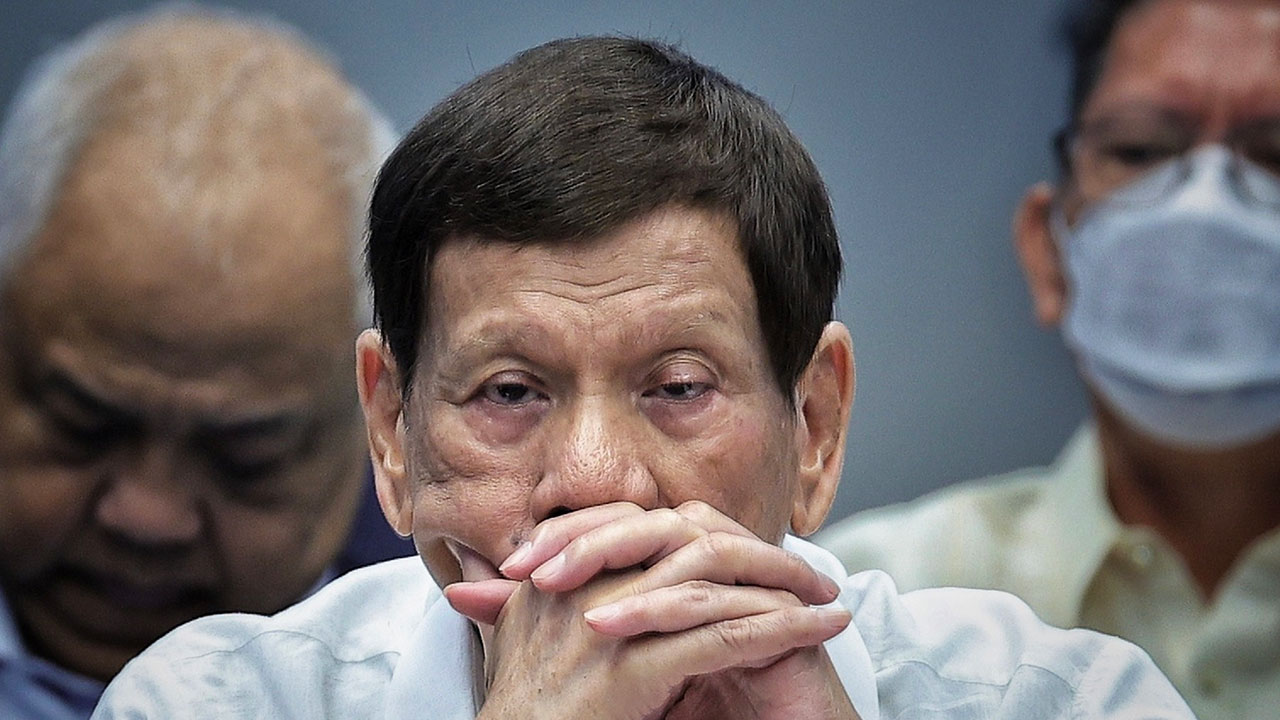Duterte’s jurisdictional challenge to ICC may have become academic

THE International Criminal Court (ICC) has assumed full jurisdiction over former President Rodrigo R. Duterte with his arrest in March, and any challenge to its authority is moot, a diplomacy expert said on Sunday, as his defense team asked the court to dismiss his case for lack of jurisdiction.
“A successful jurisdictional challenge may not be a viable strategy anymore at this juncture because his detention in The Hague already signals that we are fully giving the management of the case within the purview of the ICC,” Josue Raphael J. Cortez, a diplomacy lecturer at De La Salle-College of St. Benilde, said in a Facebook Messenger chat.
“This jurisdictional challenge could have been a deterrent if we were still a state party to the Rome Statute, but then again, we withdrew in 2019,” he added.
Duterte lawyers Nicholas Kaufman and Dov Jacobs in a 38-page appeal dated May 1 said there is no legal basis for continuing the proceedings against the tough-talking leader.
“The defense reiterates that the preconditions for the exercise of jurisdiction under Article 12 in the Situation of the Philippines were not met at the time the Pre-Trial Chamber authorized the opening of an investigation on Sept. 15, 2021,” according to a copy of the appeal.
“The Republic of the Philippines was no longer a state party to the Rome Statute at that critical point in time,” it added.
This contradicted the ICC’s earlier position that despite the Philippines’ withdrawal from the Rome Statute effective March 17, 2019, it retained jurisdiction over alleged crimes committed in the Philippines while it was still a state party from Nov. 1, 2011 to March 16, 2019.
Mr. Duterte’s team also said his liberty is “at stake,” arguing that the ICC prosecutor should not be vigorously defending what they claim is a flawed decision made by his predecessor.
Meanwhile, Mr. Cortez said Philippine refusal to cooperate with the ICC’s probe would “undoubtedly debilitate our campaign for a nonpermanent seat” in the United Nations Security Council in 2027.
He said Manila’s failure to cooperate could be viewed as a violation of the principle that “agreements must be kept,” and the lack of due diligence in ensuring that the rule of law prevails over any political alliances.
“Our full cooperation with the ICC in the matter can be hailed as a defining moment of why the country deserves a seat at the table,” he added.
The Philippines, despite surrendering Mr. Duterte to the ICC in March, has repeatedly said it does not recognize the tribunal’s jurisdiction.
Presidential Communications Office Undersecretary Clarissa A. Castro last week said the state position remains consistent: the Philippines is not cooperating with the ICC, which he said lacks jurisdiction over the Philippines.
Mr. Duterte, a maverick ex-mayor and former prosecutor who led the Philippines from 2016 to 2022, was flown to The Hague on March 11, hours after his arrest in Manila.
This marked the biggest step yet in the ICC’s probe into alleged crimes against humanity in connection with his anti-drug crackdown that killed thousands and drew condemnation around the world.
His trial is set for Sept. 23. — Chloe Mari A. Hufana



